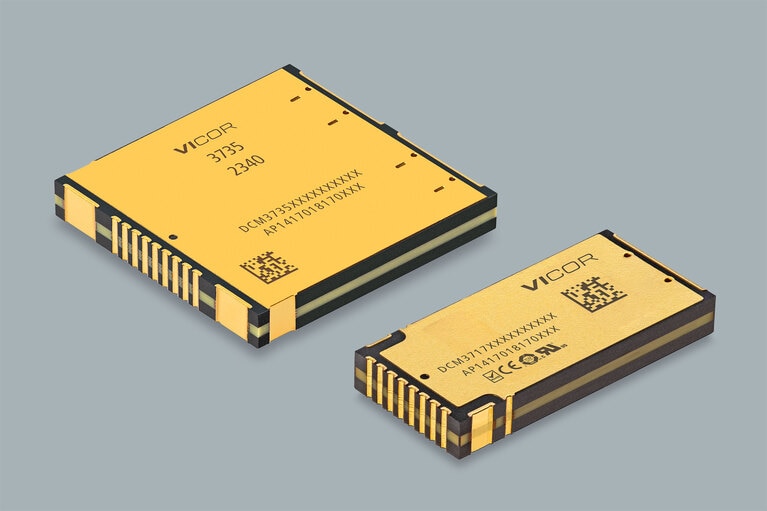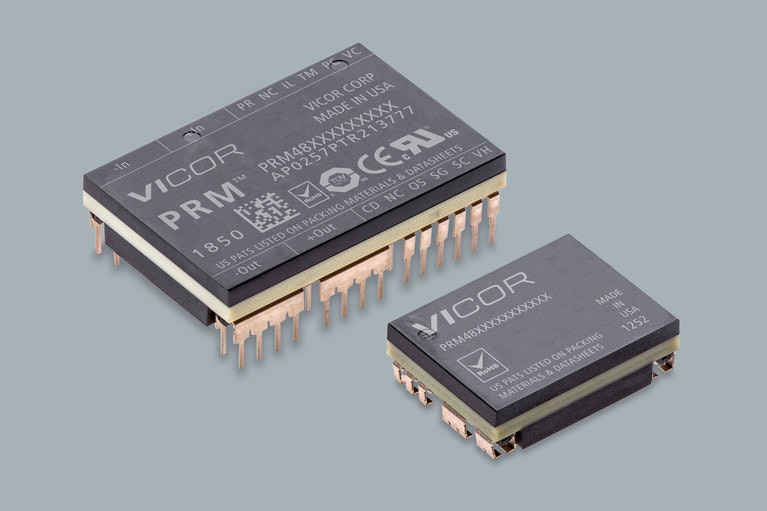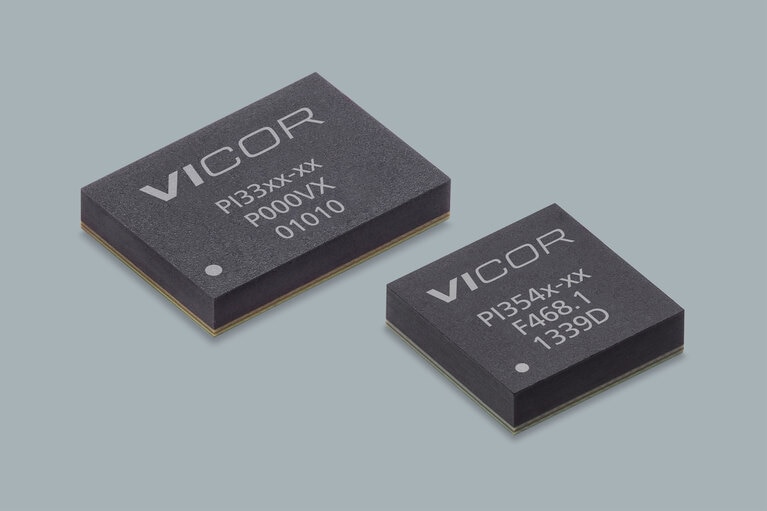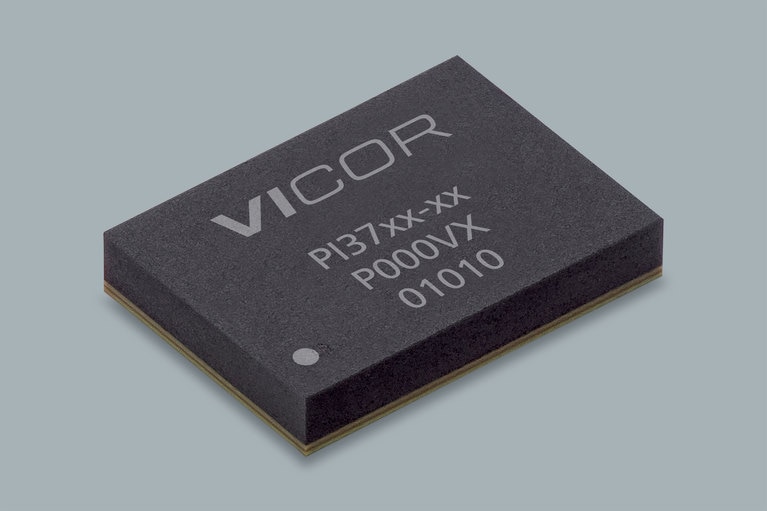
Advanced power module packaging optimizes available power, reliability and safety in autonomous electric shuttles
Vicor high-efficiency power modules ensure minimal heat dissipation, reducing the need for complex cooling solutions and maximizing power






